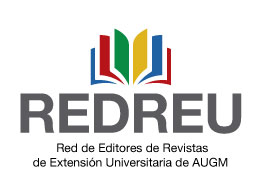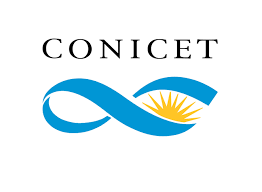Hábitat, energía y diálogo de saberes. Cocinas de biomasa para la comunidad wichí de El Cocal (Salta: experiencias de extensión desde un horizonte intercultural)
Keywords:
habitat, wichí, interculturality, monocultures, ecologiesAbstract
This article deals with a work experience of the National University of Salta (UNSa) with the Wichí people of El Cocal, in the framework of an extension project for the improvement of the habitat called "The Mission-Rivadavia: diagnosis and socio-technical intervention for the improvement of the habitat of native Wichí communities in the Chaco of Salta". This project focused on the installation of biomass energy kitchens in the dining room of the school in that community. El Cocal is located in the area of Chaco Salteño, fifteen kilometers north of Rivadavia Banda Sur (Department of Rivadavia). The financing
of this project came from the National Secretariat of University Policies and was executed during 2018. The experience is based on an extension/transfer project of an Argentine national university and emerges as a space that allows for a review of the (re)production of habitat meanings and other issues related to interculturality. From a meta-sociological operation, we identified and recognized features in the production of monocultures of knowledge and rigor and the emergence of ecologies that de-rationalize the production of habitat in a territory that resists the regimes of the Modern Colonial Civilization Model in its facets of coloniality/colonialism and capitalism.
Downloads
Downloads
Published
Issue
Section
License
Copyright (c) 2020 Facundo David Francisco González, Nuria Macarena Rodríguez, Franco David Hessling Herrera

This work is licensed under a Creative Commons Attribution-NonCommercial-ShareAlike 4.0 International License.













